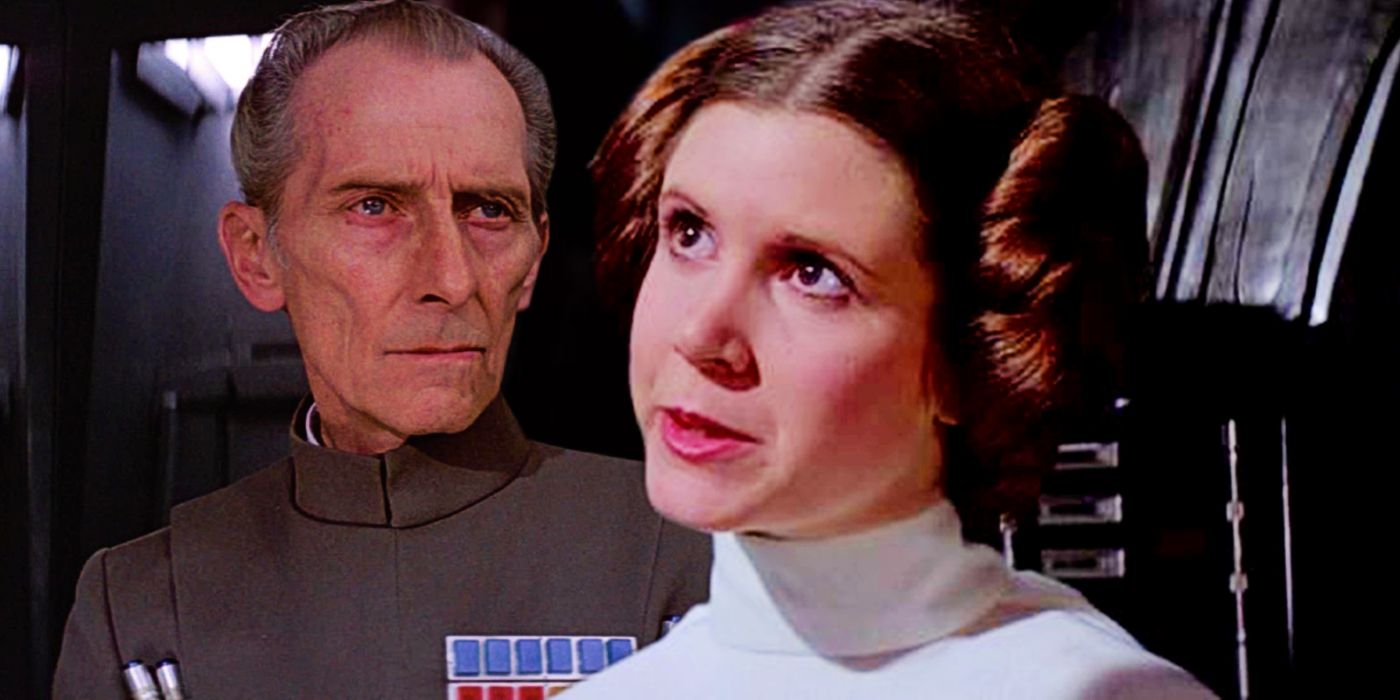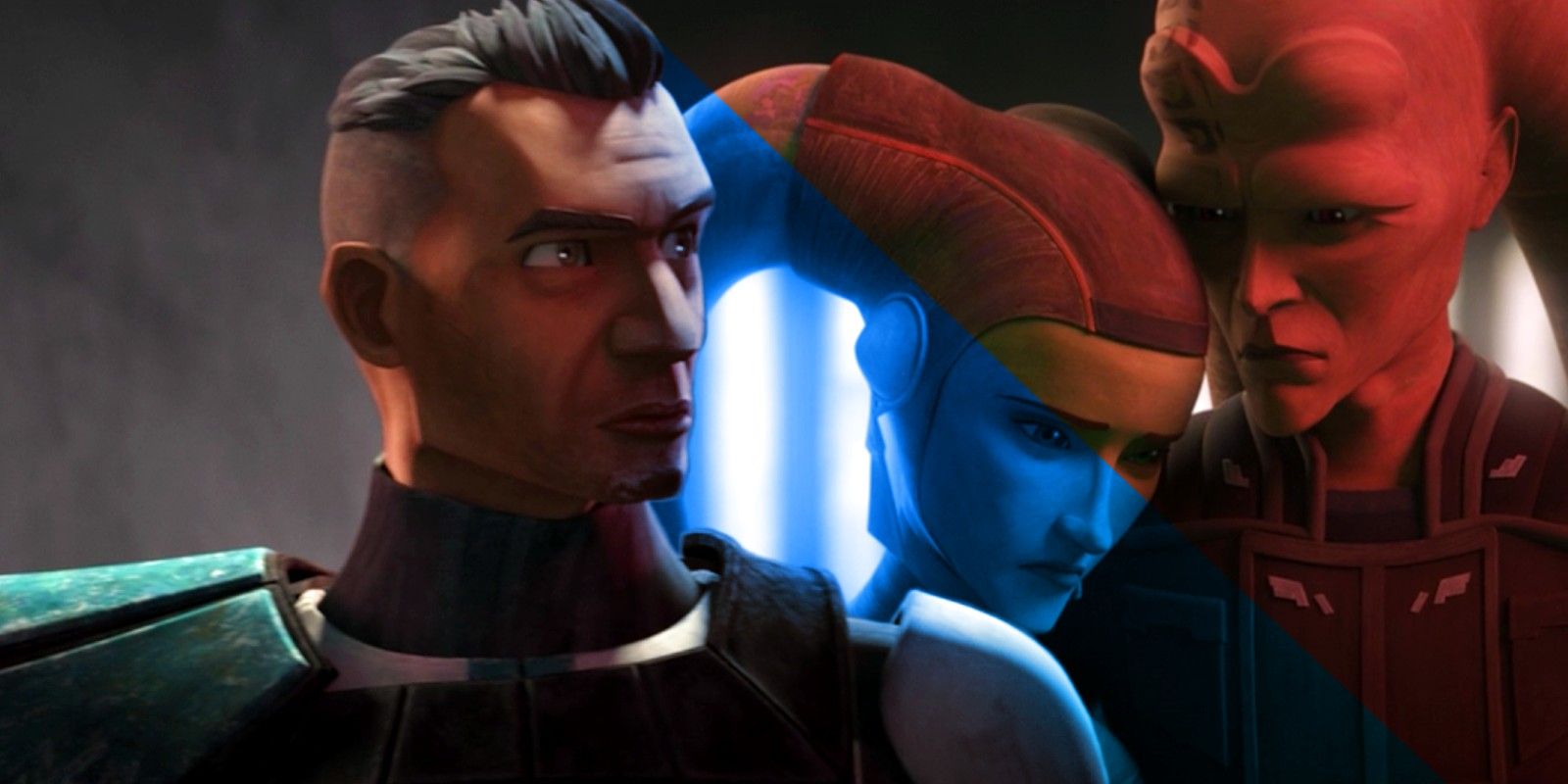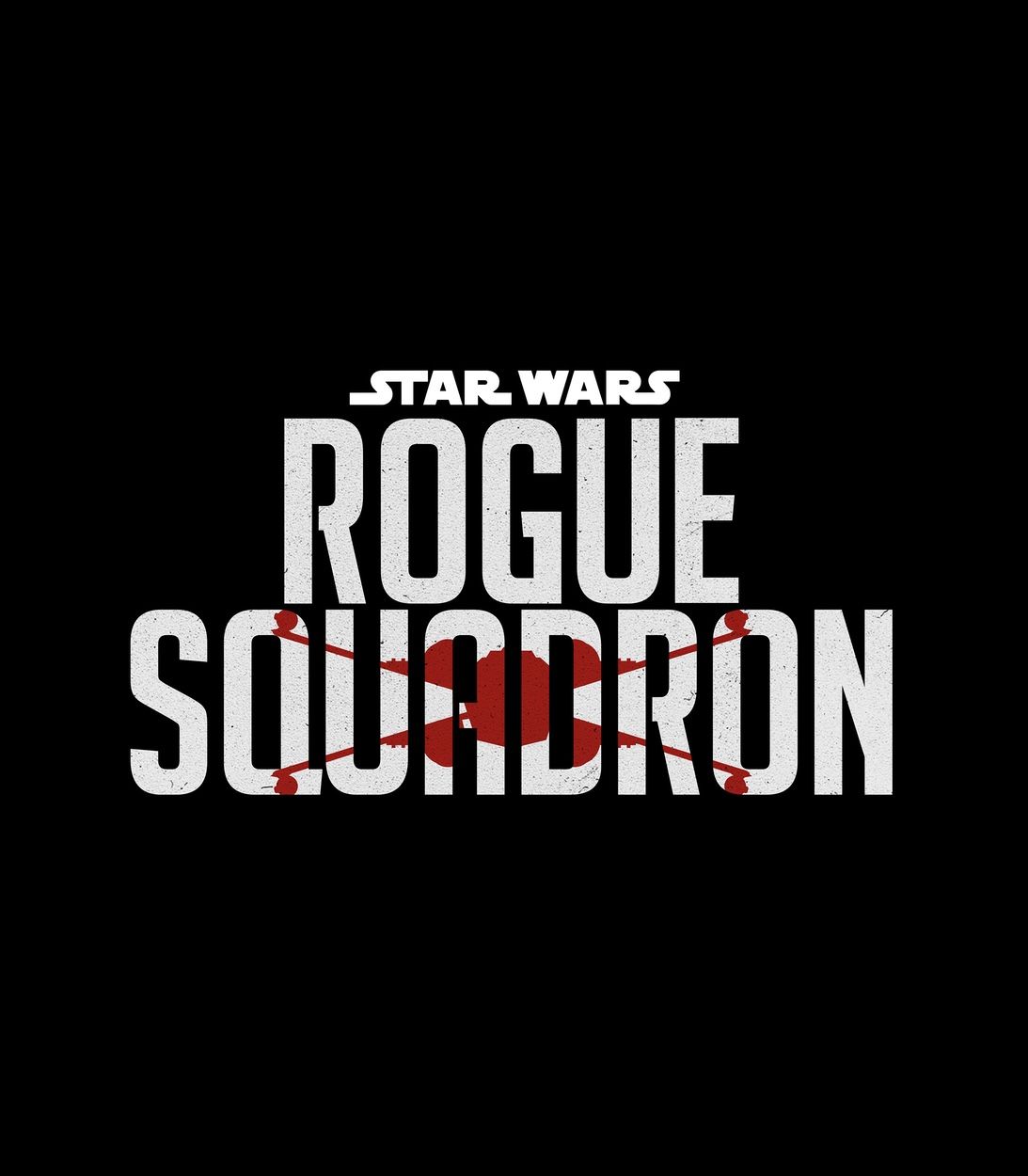Warning: Contains SPOILERS for Star Wars: The Bad Batch episode 12, "Rescue on Ryloth."
Princess Leia's warning to Grand Moff Tarkin about the Empire in Star Wars was right, and Star Wars: The Bad Batch proves it. Back in the original Star Wars movie, audiences were plunged into a galaxy controlled by the Empire. Despite the destruction of the Death Star, that Imperial rule would last for a few more years, but now The Bad Batch is exploring just how it came to secure it in the first place. At the same time, though, it's also showing the Empire's strengths are also its weaknesses.
As seen in The Bad Batch, the Empire established its control of the Star Wars galaxy through a mixture of fear and intimidation, but it was also initially popular. Republic citizens cheered for the newfound Empire, because it promised an end to the bureaucratic ways of the old regime, and restored order to a galaxy left in chaos during the Clone Wars. That sense of goodwill and optimism only extended so far, though, and little-by-little the sparks of rebellion started to flicker into life.
These rebellions and resistances happened as the Empire looked to exert greater dominance over the galaxy. On many planets and in many systems, especially those that had previously been loyal to the Separatists, the Empire's methods were brutal, with no limits to what they'd do to people who didn't fall into line. The Bad Batch episodes 11 and 12 highlight this particularly well, with the Empire's control on the planet and its unsavory tactics - even despite it not being a former Separatist base - helping to inspire the Syndullas into once more fighting for freedom, and even causing clone troopers to rebel. This fits with Leia's warning to Tarkin in Star Wars: A New Hope, where she tells him: "The more you tighten your grip, Tarkin, the more star systems will slip through your fingers."
It's a message that Tarkin unsurprisingly dismisses, putting his belief in the power of the Death Star. It's an approach that sums up the Empire: that might, that unlimited power, come before everything else. In a sense, it worked: the Empire ruled the galaxy for over 20 years, after all, but it also proved to be its undoing. Across its rule, it was these displays of force that led to pockets of rebellion springing up throughout the galaxy. While some had been around before the Empire - Saw Gerrera's insurgency continued throughout, and the Rebel Alliance has its genesis with Bail Organa and Padmé Amidala - it wouldn't have worked if ordinary people across the galaxy hadn't been turned against the Empire. That happened not because of its rule itself, but because of its brutality.
The ultimate payoff of this was the Death Star itself: it may have been the Empire's greatest show of strength, but it also inspired the greatest fightback against it, eventually leading to its defeat. But it's interesting to see that the hubris and overconfidence displayed by Emperor Palpatine, Tarkin et al wasn't just in the wake of its planet-destroying superweapon, but can be traced all the way back to its inception and initial control. The Empire does not understand (nor care for) things like love and decency, but it's those that caused people to try and right their wrongs. The Bad Batch has shown this happening from Ryloth to Raxus, and it's a plot thread that will likely continue throughout the show, with the seeds of rebellion increasingly growing strong the more the Empire tries to kill them off. It's a long way from Leia's own role in Star Wars, but it shows she'd been right for even longer than she realized - and given Tarkin is around during The Bad Batch, something he should've known.
Star Wars: The Bad Batch releases new episodes Fridays on Disney+.



